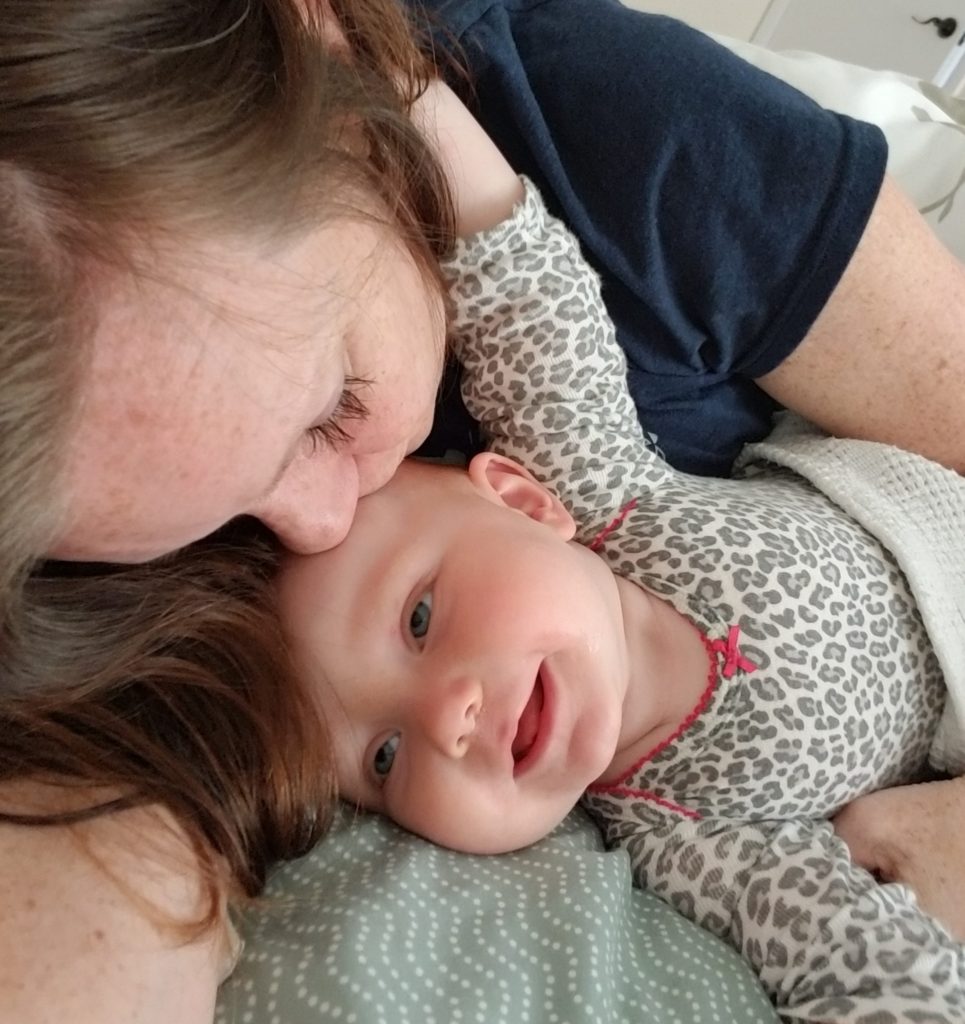
A recent study out of Amsterdam (UvA) tells us that parents’ level of sensitivity and the degree to which the parent is attuned to the baby’s thoughts and feelings plays a huge roll in infant-parent attachment. “Children who feel securely attached are, among other things, better at regulating their emotions, have higher self-esteem, and exhibit less emotional and behavioral problems” reports Moniek Zeegers, a PhD researcher at the UvA’s department of Child Development and Education.
According to the Pennsylvania department of human services and the Pennsylvania Department of Education (each state has similar organizations and similar principles), these guiding principles of early learning and attachment are critical for healthy bonding and learning.
- All who care for and educate infants have a significant impact on their future success.
- Healthy attachment relationships are critical for successful early learning.
- All infants can learn and deserve high expectations.
- Infants learn best through meaningful play, concrete sensory interactions, intentional activities, exploration of their environment, and interactions with adults.
- Learning environments should stimulate and engage babies curiosity.
- Language and early literacy development must be supported and integrated throughout the day.
- Infants’ learning is enhanced when families, early learning environments, and communities work together to provide high quality care.
These guiding principles are standards for daycare and preschools and should hold true in babies homes and home child care settings as well.
For more information visit:
Pennsylvania Early Learning Standards for Early Childhood
References:
University of Amsterdam. (2018). Parental metallization strong predictor of healthy infant-parent attachment. Retrieved from http://www.uva.nl/en/content/news/press-releases/2018/01/parental-mentalization-strong-predictor-of-healthy-infant-parent-attachment.html
Zeegers, M. A. J., Colonnesi, C., Stams, G.-J. J. M., & Meins, E. (2017). Mind matters: A meta-analysis on parental mentalization and sensitivity as predictors of infant–parent attachment. Psychological Bulletin, 143(12), 1245-1272.

